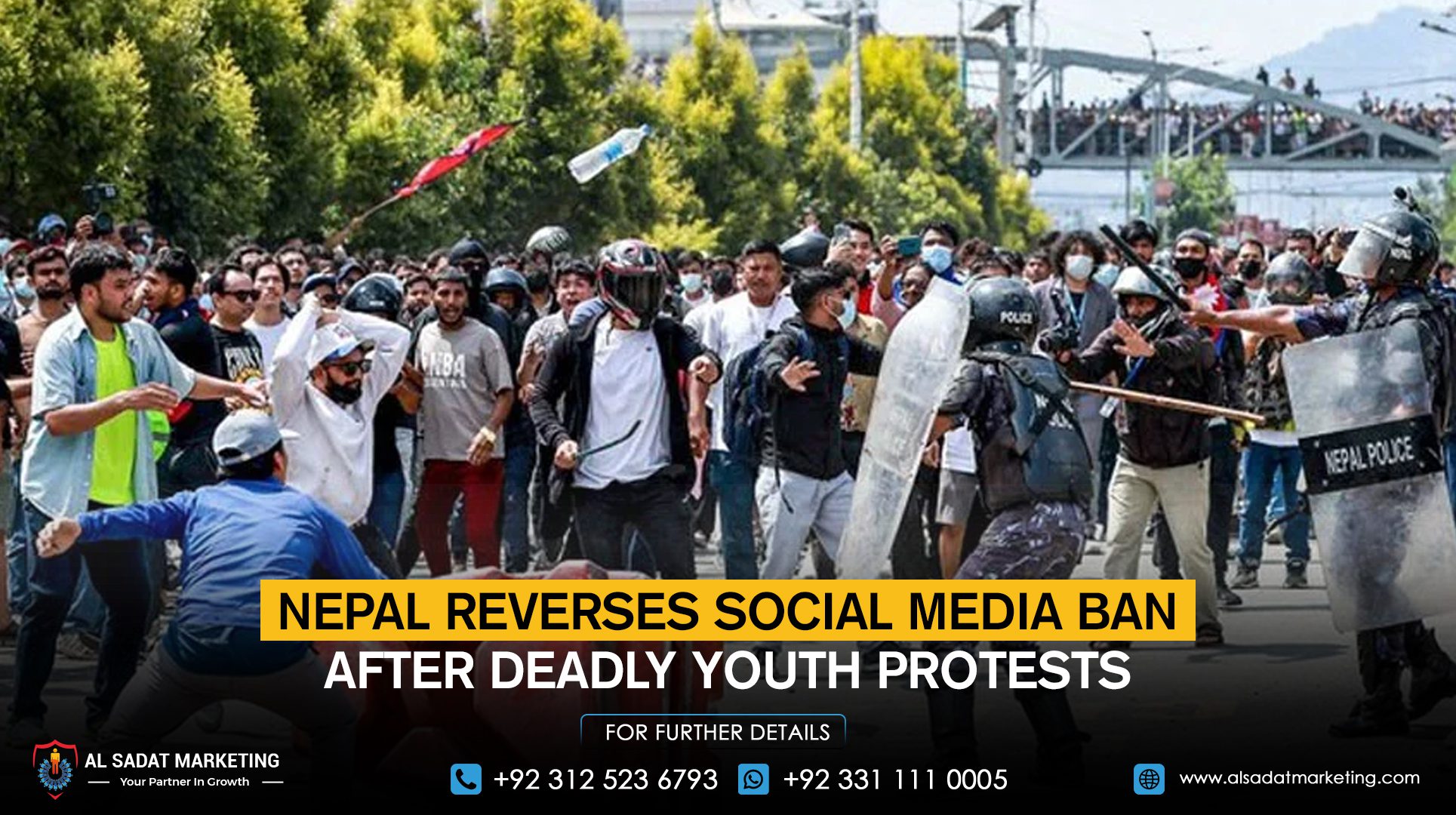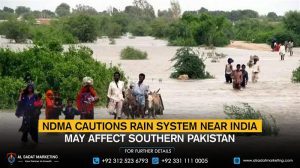Nepal has lifted its nationwide ban on social media platforms after a week of violent protests that left 19 people dead and more than 100 injured. The restriction, which blocked access to sites like Facebook, had sparked widespread anger across the country, especially among young demonstrators.
Communications and Information Technology Minister Prithvi Subba Gurung confirmed on Tuesday that the government had withdrawn the order. “We have withdrawn the shutdown of social media. They are working now,” he told Reuters.
The decision came after mass protests, largely driven by young Nepalis calling themselves “Gen Z.” Protesters said their movement was not only about digital freedoms but also about deep frustration with corruption and lack of economic opportunities in the country.
Authorities had originally defended the ban, citing concerns over fake IDs, hate speech, and misinformation. Officials said that social media companies had failed to register with the government as required. However, instead of addressing concerns, the move triggered outrage, with thousands of young people taking to the streets.
The protests spread quickly beyond Kathmandu into other cities. Clashes between demonstrators and security forces turned deadly, making it one of the most violent youth-led movements Nepal has seen in years. Reports confirmed at least 19 deaths and more than 100 injuries.
Prime Minister KP Sharma Oli expressed sorrow over the lives lost, blaming the escalation on “infiltration from different selfish centres.” He announced relief packages for the families of those killed and free medical care for the injured. The government has also promised to form an investigation panel within 15 days to examine the causes of the unrest, assess the damage, and recommend steps to prevent such incidents in the future.
The restoration of social media access is seen as a response to the growing pressure from young people demanding greater freedom of expression and accountability from their leaders.










